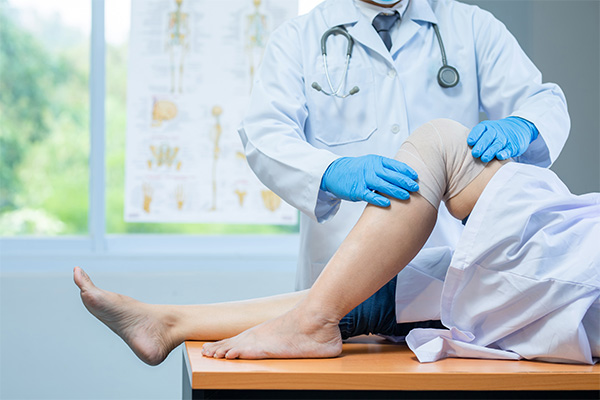Orthopedic surgeons play a vital role in healing after trauma. They guide recovery, helping bodies regain strength and function. These experts, often known as Upper Extremity Specialists, focus on injuries from shoulders to fingertips. Their work ensures that routine care is more effective after treatment. Their dedication and skill make them the unsung heroes of recovery.
The Essential Role of Orthopedic Surgeons
Orthopedic surgeons specialize in the musculoskeletal system, which includes bones, joints, ligaments, tendons, and muscles. Injuries to this system can be complex. These injuries often require precise surgical interventions. Orthopedic surgeons are trained to perform these interventions, which often determine the success of the recovery process.
Innovative Techniques for Improved Outcomes
Modern orthopedic surgery involves a range of techniques designed to improve patient outcomes. Minimally invasive surgery, for instance, reduces recovery time and minimizes scarring. Surgeons also use arthroscopy, which involves small incisions and a camera to guide the procedure.
Quick Facts about Orthopedic Surgery
| Technique | Benefits |
| Minimally Invasive Surgery | Faster recovery, less pain |
| Arthroscopy | Smaller incisions, reduced infection risk |
| Joint Replacement | Improved quality of life, pain relief |
Rehabilitation: A Critical Part of Recovery
After surgery, rehabilitation becomes crucial. Physical therapy helps patients regain movement and strength. Surgeons often work with therapists to create tailored recovery plans. This collaboration aims to help patients return to daily activities as soon as possible.

Supporting Patients Through Their Journey
Orthopedic surgeons provide more than surgical skills. They offer support and guidance throughout the recovery journey. This support includes educating patients about their condition and setting realistic goals for recovery. Surgeons often follow up with patients to ensure that healing progresses smoothly.
Training and Expertise
The path to becoming an orthopedic surgeon is rigorous. It involves years of education and training. Surgeons first complete medical school, followed by a residency in orthopedic surgery. Some choose to further specialize in areas like sports medicine or pediatric orthopedics. This specialized training ensures they are well-prepared to handle complex cases.
Conclusion
Orthopedic surgeons are essential to the recovery process after trauma. Their expertise, combined with modern techniques, enhances patient outcomes. They not only repair injuries but also support patients through their entire recovery journey. For more information on orthopedic care, visit the Johns Hopkins Department of Orthopaedic Surgery. Their dedication helps individuals regain independence and live healthier lives.

